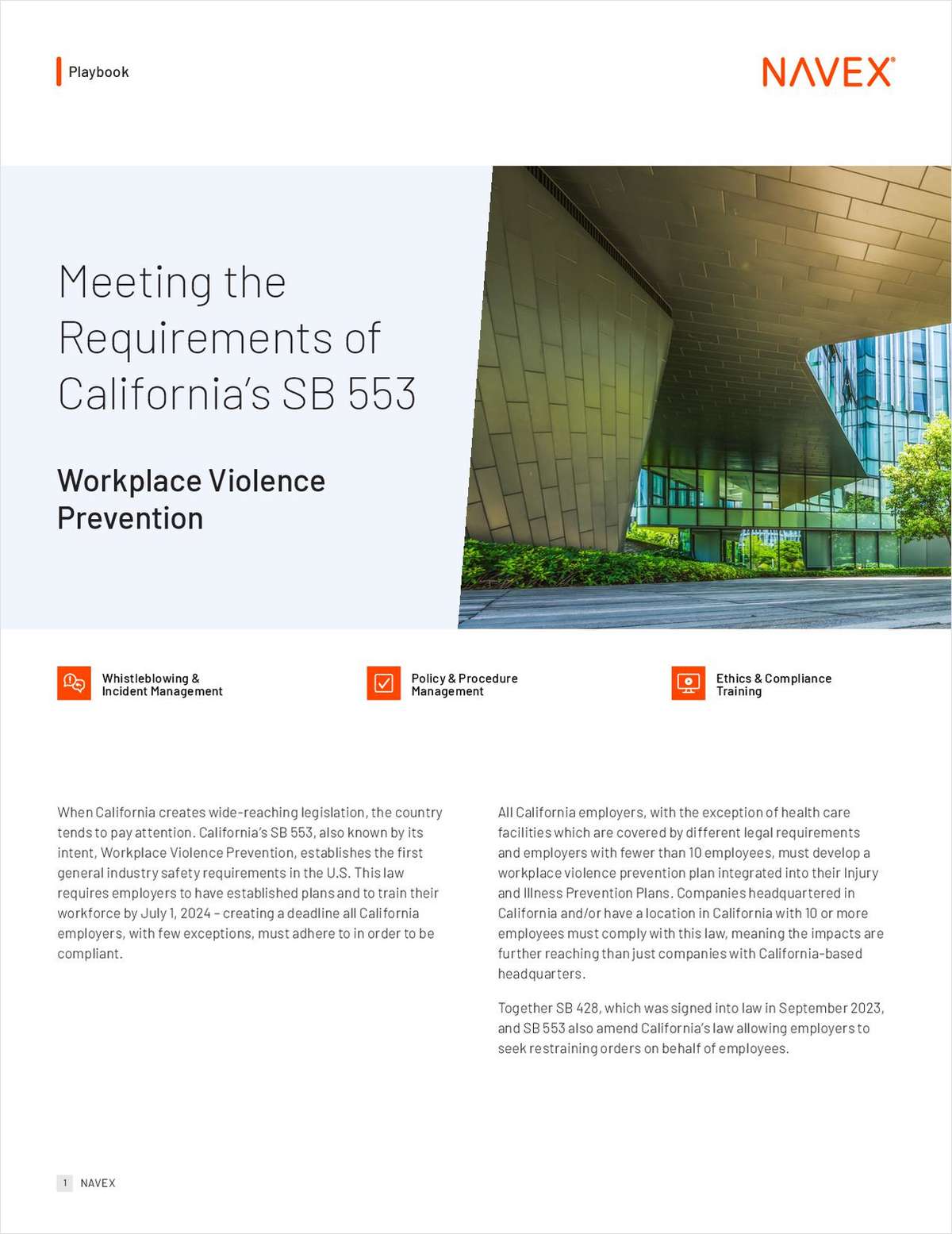Alston & Bird Malpractice Trial Goes to the Jurors
Plaintiffs are asking for more than $3.5 million in damages and attorney fees after the firm allegedly failed to protect the interests of members in a family-owned business.
February 28, 2018 at 11:47 AM
5 minute read
The original version of this story was published on Daily Report

Following more than two weeks of trial, jurors retired Wednesday morning to consider the legal malpractice case against Alston & Bird, including claims for more than $3.5 million in actual damages, punitive damages, interest and fees.
During closing arguments Tuesday, the panel heard starkly different versions of how the manager and eldest sibling of a family company paid himself nearly $1.5 million in excess compensation and for overvalued shares.
According to lead plaintiffs lawyer Harmon Caldwell, former manager Maury Hatcher never could have gotten away with looting Management Holdings LLC without the advice and complicity of Alston & Bird senior partner Jack Sawyer, who left the firm last year.

Sawyer was ostensibly the company's lawyer, but he failed to protect it and its members' interests from Maury, said Caldwell, a partner at Caldwell, Propst & DeLoach.
In 2009, the company and several family members sued Maury, who failed to appear for trial. In 2013, the court entered a default judgment against him for more than $4 million. He never paid it and was not a witness at trial.
After Maury cashed out and moved to Florida, “the die was cast, the money was gone,” Caldwell said.
Recognizing it faces liability, Alston & Bird “would do backflips to protect Maury,” he said.
“Alston & Bird forgot who its clients were,” Caldwell said. “It forgot its duty of undivided loyalty to its client.”
Shortly after Maury announced his intention to “cash out” and resign, his younger brothers, Jerry and Barry Hatcher, called a family meeting and were elected co-managers.
Caldwell pointed to an email from Alston & Bird partner Nowell Berreth to Sawyer inquiring whether Maury was “out as manager? If so, who are we taking instructions from as attorneys for the LLC?”
The message is a “smoking gun” that the firm was aware it was conflicted, Caldwell said.
“Nowell Berreth was asking the right questions, but Jack Sawyer ignored them,” he added.
The jury's verdict is important, because lawyers across the state are watching to see whether they must abide by the Rules of Professional Conduct, or “like so many things, those rules are no longer important,” Caldwell said.
Defense attorney Richard Robbins derided the entire case as fiction based on cherry-picked evidence, innuendo and “twisted” facts.
“You're darn right it's important,” said Robbins, of Robbins Ross Alloy Belinfante Littlefield. “It's very important to Alston & Bird not to be dragged through the mud.”
The plaintiffs lawyers have been unable to show how anything Alston & Bird, Sawyer or Berreth did caused any damages to the company, Robbins said.
Jerry Hatcher, who has been portrayed as the driving force leading to Maury's resignation and replacement, Robbins said, is behind the current lawsuit and has cost the company untold sums in excess compensation and unnecessary legal fees.
Jerry Hatcher's own letters to his older brother indicated he knew Maury was taking excess compensation before he left, while Sawyer had been left in the dark, Robbins said.
“Jerry had the company bring this lawsuit for one reason: Jerry needs money,” Robbins said. “Jerry's paid himself so much money, spent so much on lawsuits … the piggy bank's got to be refilled.”
Alston & Bird is being targeted to resupply those funds, he added.
The jury saw Jerry “lie, and lie and lie,” Robbins said. “You just can't do that. Alston & Bird is fighting back against false charges.”
The verdict form will ask jurors to apportion liability to the plaintiff company and to Maury, Jerry and Barry Hatcher. Robbins said that, even if the panel finds Alston & Bird did something wrong, it's clear Maury Hatcher is responsible for the company's damages.
Caldwell, who opened and closed the session, defended Jerry Hatcher's integrity by saying there isn't a ”dishonest bone in his body.”
He reiterated what he said were Sawyer's inappropriate actions in drafting the original operating agreement for the company and in helping Maury withhold company documents and records from Jerry and Barry after they took over.
Alston & Bird's actions leading up to Maury's resignation and afterward are “as bad as it gets,” he said.
Caldwell asked the jury to award nearly $1.5 million in actual damages, more than $900,000 in interest and more than $1 million in attorney fees.
He also said punitive damages were appropriate.
“This is a whole lot worse than negligence,” Caldwell said. “This is willful, this is malicious, this is reprehensible.”
This content has been archived. It is available through our partners, LexisNexis® and Bloomberg Law.
To view this content, please continue to their sites.
Not a Lexis Subscriber?
Subscribe Now
Not a Bloomberg Law Subscriber?
Subscribe Now
NOT FOR REPRINT
© 2024 ALM Global, LLC, All Rights Reserved. Request academic re-use from www.copyright.com. All other uses, submit a request to [email protected]. For more information visit Asset & Logo Licensing.
You Might Like
View All
Google Fails to Secure Long-Term Stay of Order Requiring It to Open App Store to Rivals

Orrick Secures Summary Judgment for RingCentral in Privacy Class Action

NY Lateral Partner Moves Spike, Especially in PE and Funds Practices

'That's Not the Job' for the DOL: Crop of Suits Against Biden Administration
6 minute readTrending Stories
- 1The Law Firm Disrupted: Playing the Talent Game to Win
- 2A&O Shearman Adopts 3-Level Lockstep Pay Model Amid Shift to All-Equity Partnership
- 3Preparing Your Law Firm for 2025: Smart Ways to Embrace AI & Other Technologies
- 4BD Settles Thousands of Bard Hernia Mesh Lawsuits
- 5A RICO Surge Is Underway: Here's How the Allstate Push Might Play Out
Featured Firms
Law Offices of Gary Martin Hays & Associates, P.C.
(470) 294-1674
Law Offices of Mark E. Salomone
(857) 444-6468
Smith & Hassler
(713) 739-1250








